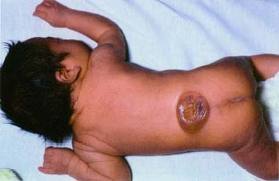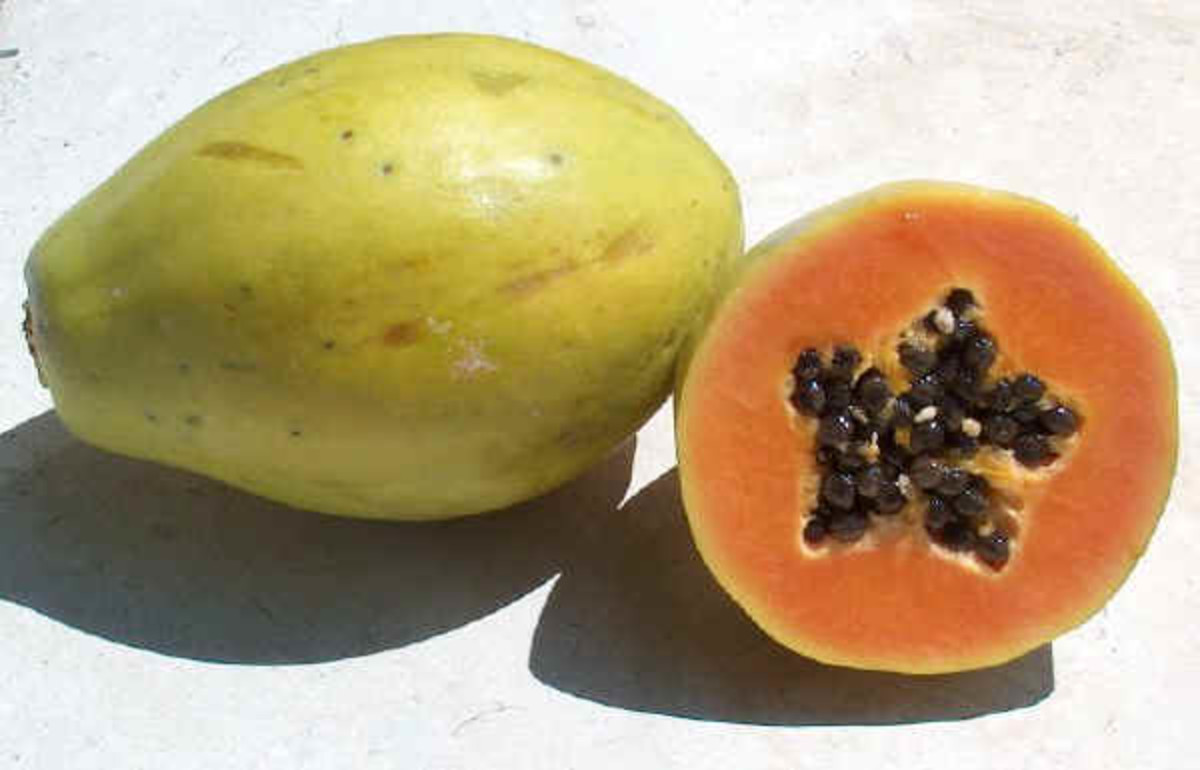- HubPages»
- Health»
- Women's Health»
- Pregnancy
Folic Acid is The Most Important Vitamin for Pregnant Women

What is folic acid?
Folic acid or vitamin B9 is the most important vitamin that pregnant women should take. It is a vital component in the formation of new cells in the body, for the production of DNA and RNA, and in the protection of the body's DNA from genetic changes that could lead to birth defects and cancer.
The body does not produce this vitamin naturally and therefore must be obtained from the food we eat.
Why is folic acid important for pregnant women?
What are the benefits of folic acid to a pregnant woman? Why is it so important for the developing baby in your tummy?
- Folic acid protects the unborn baby from neural tube defects like cleft palate. It should be taken by the mother before she gets pregnant and most especially during the course of her pregnancy to prevent this congenital defects to occur.
- Folic acid plays a critical role in cell growth particularly in the stages of pregnancy when the fetus is developing inside the mother’s womb.
- Cell division cannot take place without folic acid. When the body produces red blood cells without folic acid, the red blood cells grow abnormally large which results to the disease called megaloblastic anemia.
- Folic acid is believed to reduce the risk of heart disease by lowering the amount of homocysteine in the blood. SAMe, a substance made from adenosine triphosphate and methionine is converted to glutathione, a detoxifying agent, with the action of folic acid.
- Folic acid is important in the production of red blood cells thus preventing anemia.
When folic acid is absent during the process, SAMe is converted to homocysteine, a free radical that robs blood vessels of their elasticity making them brittle and hard. Increased levels of homocysteine can cause coronary heart disease and the hardening of the arterial walls. These heart conditions can be avoided with proper dose of folic acid..
The dangers of folic acid deficiency
Folic acid deficiency has a far-reaching effect. It can cause the dreaded facial clefts in infants, anemia, decline in mental and cognitive abilities, nerve damage, and cancer in adults.
This is due to the inability of the body to produce new DNA molecules and repair damaged ones.
If you lack folic acid in the diet, the body's regular production of nucleic acids (DNA) and its regular activities involved in the process of cell division are greatly hindered.
Studies show that the action of folic acid on birth defects is unclear but scientists speculate that the changes that take place during the process of methylation of the insulin growth factor leads to healthy growth and development of the woman's intrauterine system.
Folic acid is also believed to protect the unborn baby against diseases that the mother may be suffering from, from the medication she's taking, and from the ill effects of of smoking during pregnancy.
Folic acid deficiency limits the amount of red blood cell produced by the body and leads to megaloblastic anemia.
Here's what could happen to your baby if you lack Folic acid in your diet

A baby with cleft lip and cleft palate

Is folate the same as folic acid?
Yes, folate is folic acid. It's just another name for folic acid. The name folate comes from the Latin word folium which means “leaf” which explains why leafy green vegetables such as romaine lettuce and spinach are good sources of folic acid.
It is also found naturally in abundance in citrus fruits, dried beans, orange, strawberry and raspberry juice.
It is also found in breakfast cereals making them good sources of folic acid as well.
Folate helps in the production of proteins in the body with the action of vitamin B12 and vitamin C. It is also important in the production of red blood cells and DNA, the chemical compound that carries individual genetic information.
The ability of folate to produce fresh red blood cells makes this substance able to protect the body from developing anemia.
It will take a long time for a person to manifest folic acid deficiency because of the amount of this vitamin stored in the body. An average person has about 500 to 20,000 micrograms of folic acid.
Every year, thousands of pregnant women in the United States give birth to infants with neural tube defects called spina bifida or literally “split spine” . This happens when the embryo’s neural tubes fail to close during its development which leads to the more common physical defect commonly called cleft palate.
Studies show that taking folic acid during pregnancy reduces the risk of babies having spina bifida or myelomeningocele and cleft palate and other pregnancy complications.
Mothers who are not given folic acid supplement during the course of their pregnancy are at a very high risk of having babies with facial clefts.
Norway is one country with a very high incidence of facial clefts among its newborns. An article published in the 2007 British Medical Journal reported that Norway has the highest number of newborn babies with facial clefts in Europe because that country does not allow folic acid supplementation in their diet.
An article in the Science Daily reported that folic acid, when taken before and during pregnancy reduces the risk of having an autistic child. This was the result of a study conducted by researchers at the University of California at Davis saying that a daily dose of vitamin B9 greatly lowers down the risk of giving birth to autistic children
Folic acid comes in two forms, the synthetic form, which is used as ingredient in bread, breakfast cereals, and folic acid-containing vitamins; and the natural form, folate which is found in green vegetables such as spinach, broccoli and juices such as orange, raspberry and strawberry juice.
Folate helps in regulating the levels of red blood cells in the bone marrow and is a key component in the replication of DNA, the carrier of genetic information. The synthetic form of folic acid is more easily absorbed by the body than the natural form.
Folic acid is important in the process of cell growth particularly in the stages of pregnancy when the fetus is developing inside the mother’s womb. Cell division cannot take place in the absence of folic acid in the body.When the body produces red blood cells without this important component, the red blood cells grow abnormally large which results to the disease called megaloblastic anemia.
The name folate comes from the Latin word folium which means “leaf” which explains why leafy green vegetables such as romaine lettuce and spinach are good sources of folic acid. It is also found naturally in abundance in citrus fruits, dried beans, orange, strawberry and raspberry juice. It is also found in breakfast cereals making them good sources of folic acid as well.
Very good sources of folic acid are egg yolks, pasta, cereal and bread, breakfast cereals, certain fruit and vegetable juices.
Find out why it is critical for pregnant women to include folic acid in their diet
© 2011 Zee Formadero











